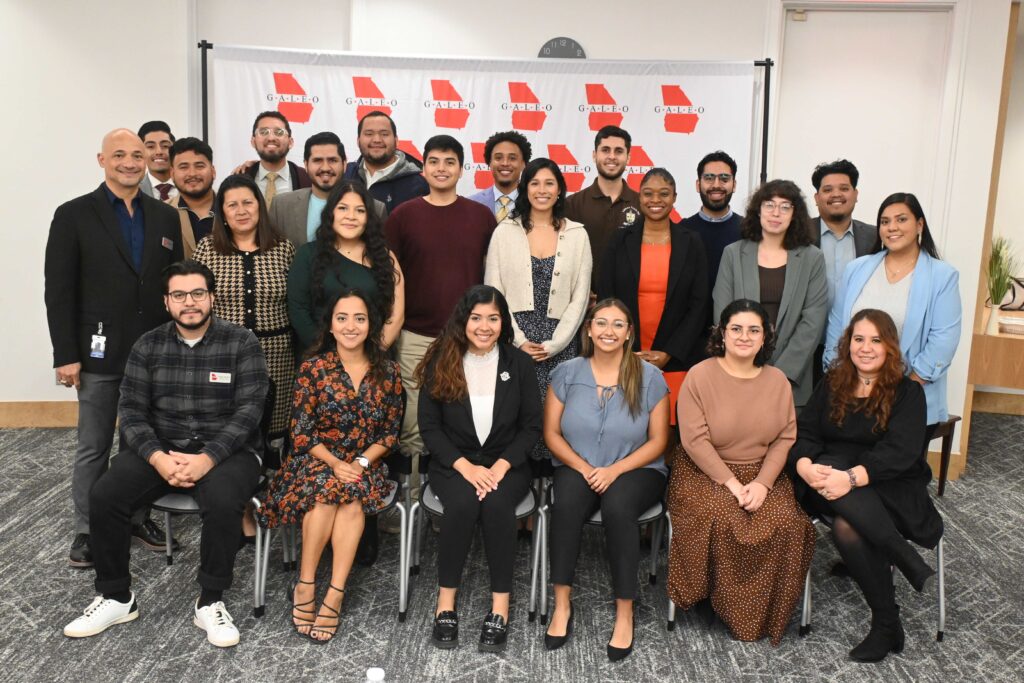
There’s something important on the horizon and no, I’m not talking about the 2020 Presidential Election; I’m talking about the 2020 Census. But what exactly is the census and why is everyone talking about this one specifically?
Well first off, the census is a survey that takes place every ten years and counts “all of the people living in the United States and [records] basic information such as age, sex, and race.” Professor and senior scientist at Penn State’s Population Research Institute Gordon De Jong states that “the census ensures that each community gets the right number of representatives in government” and makes sure that there is an equal distribution of funding. So why is the 2020 census under fire? Because this will be the first census that will ask people their citizenship status since 1950. This question may seem harmless, but critics fear that this question will discourage certain communities from taking the census and create a disproportionate representation for them in government as well as decrease the amount of funding and resources they recieve.
This would have a huge impact on the Latino community. It could potentially hurt the places they live by under representing them in government. NALEO Educational Fund Director of National Census Program Lizette Escobedo explains that the census is important in “distributing billions of dollars in federal funding” and that “we cannot afford to have millions of Latinos and other Americans missed in the nation’s decennial count.” Escobedo also explains that there are many challenges that would threaten the count of Latinos if the citizenship question was asked, especially since there is increased tension, fear and mistrust in the government right now. This not only affects immigrants, but also the children of immigrants. Those who were born in the U.S. or are DACA recipients but have parents who are undocumented may be scared of taking the census because they fear that the information could be used against them or make their home/neighborhood a target.
The question everyone wants to know is why add that specific question in the first place? What is its true purpose? The administration and Commerce Secretary Wilbur Ross have justified their reasoning for the question by saying that the answers from the question can “better enforce Voting Rights Act protections against discrimination of racial and language minorities.” However, federal judges in New York, California and Maryland rejected the explanation; one even called the justification for the question as a “sham.” Back in January, U.S. District Judge Jesse Furman declared the question unconstitutional and found that Ross “violated federal law by misleading the public.” There is evidence that contradicts the administration’s reasoning behind the purpose of the question and now, the question of whether the citizenship question should be allowed on the census or not is headed to the Supreme Court.
So, is the administration adding the question to help enforce the 1965 Voting Rights Act or is it adding it to make sure immigrant communities aren’t being properly represented? The Supreme Court will have its decision in early or mid June. For now, all we can do is keep latinos updated on the status of the citizenship question as well as inform them about what exactly the census does and how important it is that we all participate!
Resources
https://m.phys.org/news/2009-08-probing-census-important.html
https://www.vox.com/2019/3/30/18288463/house-oversight-committee-subpoena-census-question
https://www.gpbnews.org/post/what-you-need-know-about-2020-census
NOTE: The opinions expressed in this blog are the opinions of the author only. It is not to be assumed that the opinions are those of GALEO or the GALEO Latino Community Development Fund. For the official position on any issue for GALEO, please contact Jerry Gonzalez, Executive Director of GALEO at jerry@galeo.org.